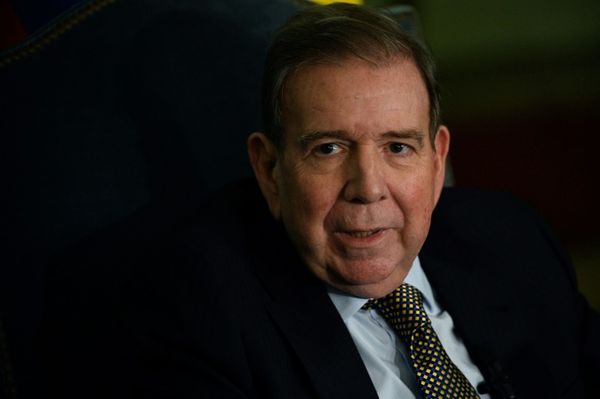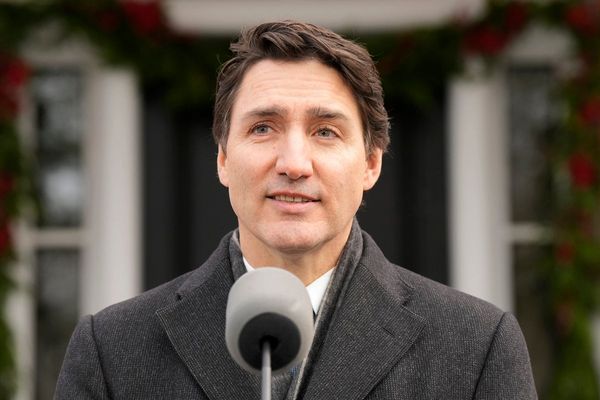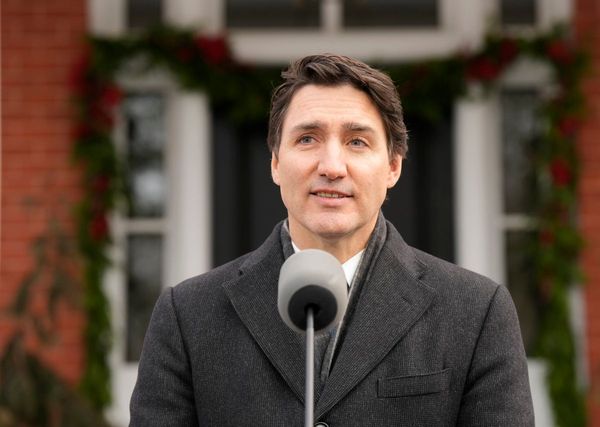
With his unique blend of in-air acrobatics, elite athleticism and untraditional physical proportions, Zion Williamson has dazzled crowds since he was a high schooler in South Carolina.
That trend continued as he made his way to the NBA as the New Orleans Pelicans' top pick in the 2019 draft and became an instant superstar upon arrival, averaging over 25 points per game over his first two seasons.
That type of origin story usually leads to glory and sports immortality, but in the case of Williamson, his future with the Pelicans is all but certain.
Availability & Dedication issues
This season marks the third of Williamson's career, and up until now, the 21-year-old has played in just 85 games for the Pelicans, a frighteningly low number for a player who was supposed to turn the franchise around.
Williamson has a slew of injuries to his name in his brief NBA career, and has struggled with his weight since entering the league. Coming into this year, the 6'6 Williamson reportedly checked in at 330 pounds, which is a concerning number for a multitude of reasons, chief among them being his future health.
The Pelicans have yet to see Williamson play in the 2021-2022 campaign, and the further into the season they go, the less likely the odds of a return. Given that they’re projected to miss the playoffs, it’s fair to say the situation is quickly becoming tenuous.
Williamson is suffering through a broken foot injury obtained during summer workouts, and in the time since, he's reportedly experienced a setback during his rehab.
As if his physical woes weren't bad enough, there's also the matter of Williamson's dedication to the team, or lack thereof. The former All-Star has yet to reach out to newcomer CJ McCollum, who was recently acquired by trade via the Portland Trail Blazers.
That is not normal behavior. Former teammate of Williamson, JJ Redick, took to ESPN to lay out the situation, detailing Williamson's detached nature to the locker room, a concern Redick himself voiced to the youngster while they were teammates.
For Redick to voice those thoughts on national TV is telling. Not only does he have a tremendous reputation as a teammate from his days as a player, but he and Williamson even attended the same school, Duke University. For a former player to openly criticize not just a former teammate, but a fellow alumni at that, means things are bad.
It might prove to be even worse if Williamson and his team are indeed planning an exit strategy, as has been widely speculated essentially since his arrival.
Of course, every situation has multiple perspectives, and we needn't forget something crucial to Williamson's lack of enthusiasm. There is a strong possibility that he never wanted to play in New Orleans to begin with.
The unbalanced nature of the draft
When the Pelicans won the draft lottery in 2019, it might not have sit well with Williamson, who was widely considered the best player in the draft.
While players keep their quotes as politically correct during the pre-draft process, it stands to reason most have preferences as to where they land. Most grew up watching NBA basketball, so it'd be illogical to expect players not to have favorite teams or players, who nudge their dreams toward a specific jersey.
Yet, for whatever reason, there's a larger expectation from teams, pundits, fans and even executives that even top-tier players should just be happy with the privilege of playing for any NBA team, at a fraction of the salary they'd get on the open market.
Yes, playing in the NBA is a privilege. But let's also remember that these players end up in the league for a reason. They're the best players on the face of the planet, and the league needs them just as much as they need it. The optics of the league being the big white whale, with players reduced to the role of Captain Ahab, are at best flawed and at worst an institutional failure to even out power balances.
If Williamson entered the NBA as an unrestricted free agent immediately after college, he'd not only get to pick the team, but his compensation level would, at a bare minimum, be double of what he's earning now.
(The team Williamson would want to join would drop players like flies to clear out a major slot for him, because that's what you do for a superstar.)
This is not to make the argument that the league needs to overhaul its entire draft process, but it does need to face some very real consequences of the baked-in limitations in the current formula.
The league is serving teams, meaning they of course want to give these teams the power to hang onto players for as long as possible. On the surface, there's logic in the concept of a long-term partnership. A player can build an entire brand around playing for the same team over a near-decade, providing him with the chance of especially turning smaller market teams into his own during those years.
But forgotten in that equation is the human aspect. Players, just like everyone else, sometimes have a need of wanting to change jobs. No one bats an eye if an accountant resigns at their job, only to take the exact same position at a different company. But for players, that's somehow inconceivable?
Making matters even more complicated is the trade market, where teams are often encouraged by fan bases to trade players. But if a player wants out, that raises red flags?
And the cherry of confusion on this unbalanced power sundae is the ultimate goal of the league: To earn money.
At the end of the day, the NBA is a business that operates under the entertainment umbrella. If fans aren't interested, the big contracts go away. For everyone. If players and teams wish to keep earning more money than they know what to do with, they have to make sure they're satisfying the need of the consumer.
If you think all of the above is a lot of perspectives to take in, you're absolutely right. This isn't a straightforward situation in any way.
This takes us back to Williamson.
It's one thing to potentially be disappointed in where you land as a player, and another to distance yourself entirely from your employer while still demanding improvements to the roster. Those opposites do not track, and that's at the feet of Williamson and his family.
Showing up out of shape and disinterested is also not helping Williamson's own cause moving forward. Teams are assuredly tracking this situation intensely, and there are assuredly clubs out there who will walk away with a lessened view of Williamson's professionalism.
And yes, regardless of whether or not the power balances are skewed, it remains the responsibility of the employee, in this case Williamson, to do the job he is paid $10.7 million to do.
So how do the Pelicans and Williamson move forward?
It starts with having an honest dialog with each other. Assuming Williamson does indeed want to leave the Pelicans for, say, the New York Knicks, the two sides should come together to work towards a trade that sends him there. Finding common ground serve multiple purposes.
- Williamson gets to where he wants to go in order to build the career he's envisioned for himself.
- The Pelicans will get a tremendous trade package in return to keep them moving forward.
- The Pelicans will get noticed in the agent circles as an organization that did right by a player, which can lead to future players looking at them favorably.
Identifying the learning story
The biggest takeaway from this situation the need for change in the pre-draft process. Players shouldn't feel obligated to act as if they don't have preferred destinations and only dare share their list behind closed doors.
Make them public and normalize the fact that players have a vesting interest in where they end up. They’re allowed to have opinions on where to live and where to work.
In the end, it should help save franchises time. The Pelicans, as it turned out, would have been better off drafting Ja Morant instead, as he has thoroughly embraced playing in a small market like Memphis.
Additionally, for teams with the #1 pick in hand and a player unwilling to play there, you can easily make the argument that having the information of whether or not a player is interested in playing there is crucial for their approach to the draft.
If a team picks an unwilling player anyway, it's on them for not reading the room or not doing their research. If they instead trade down to pick someone else who wants to be there, it's likely they avoid the media circus and the endless theories we're seeing in New Orleans these days.
Is it a perfect solution? No, but nothing the league or players association comes up with will be. There are 450 players in the NBA, not accounting for Two-Way contracts. Some will always disagree with how things are done.
The best realistic outcome is to bridge that gap as close as possible and work on implementing new ideas as new challenges present itself.
One challenge has now been presented through the young career of Zion Williamson. The time of learning from it is now.







